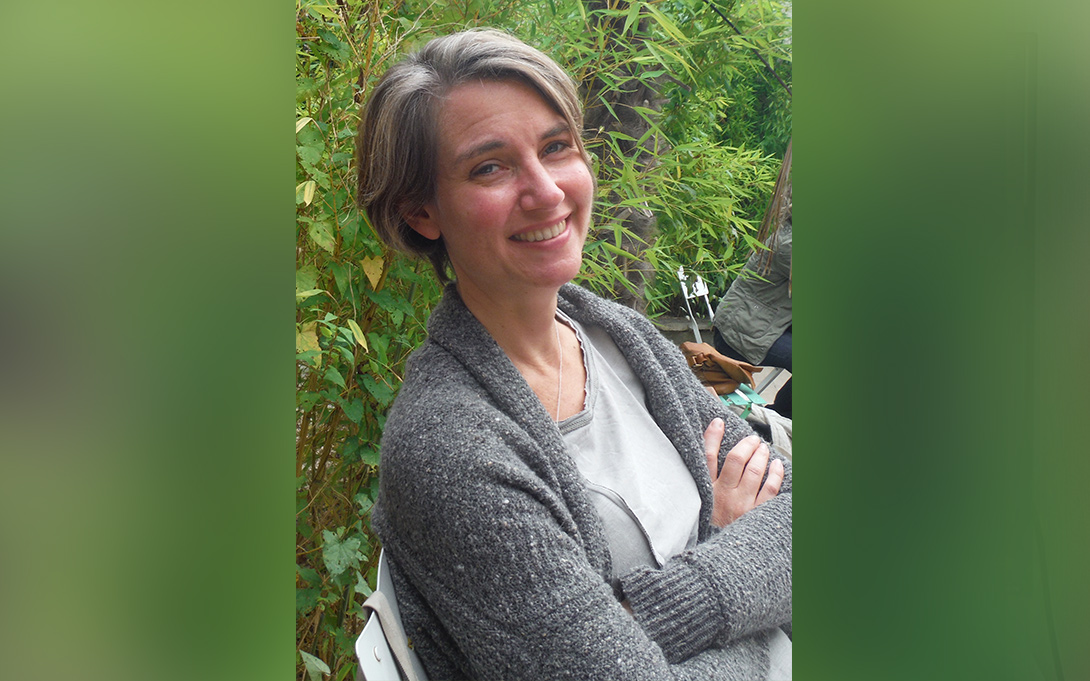
This week, the Center for Advanced Study in the Behavioral Sciences (CASBS) at Stanford University announced its 2021-22 fellows class, comprised of 38 scholars representing 19 U.S. institutions and nine international institutions and programs. Ford School political scientist Jenna Bednar was named among them.
Bednar analyzes institutions, focusing on the theoretical underpinnings of the stability of federal states. She combines positive political theory and systems theory to analyze how institutions, such as laws, electoral rules, or constitutions, remain effective in complex environments. She has contributed to the scholarly inquiry of the design of federalism; theoretical and experimental work on cultural evolution and institutional performance; and applied realms such as campaign contributions, transboundary water systems, and environmental sustainability.
Members of the 2021-22 CASBS class conduct research in a variety of fields in the social and behavioral sciences and cognate disciplines: anthropology, applied behavioral science, communication, computer science and engineering, cultural studies, economics, education, history, information science, law, philosophy, political science, psychology, public affairs, public policy and urban studies, science writing, and sociology.
Since its inception in 1954, CASBS has brought together deep thinkers from diverse disciplines and communities to advance understanding of the full range of human beliefs, behaviors, interactions, and institutions. A leading incubator of human-centered knowledge, CASBS facilitates collaborations across academia, policy, industry, civil society, and government to collectively design a better future.
